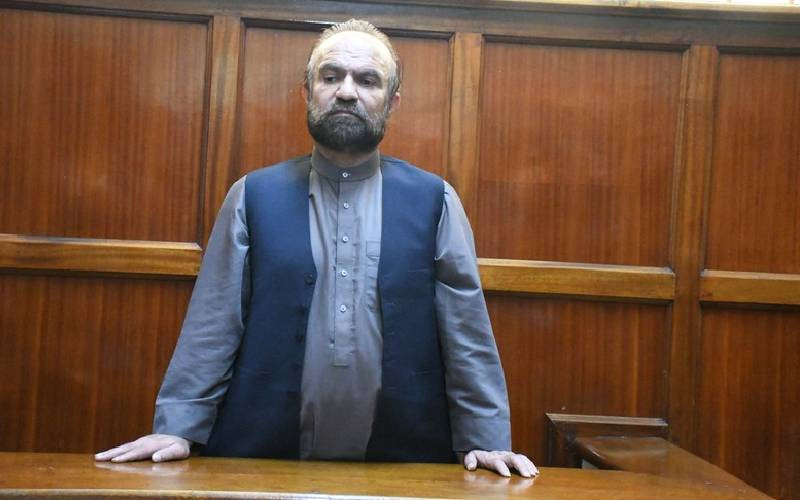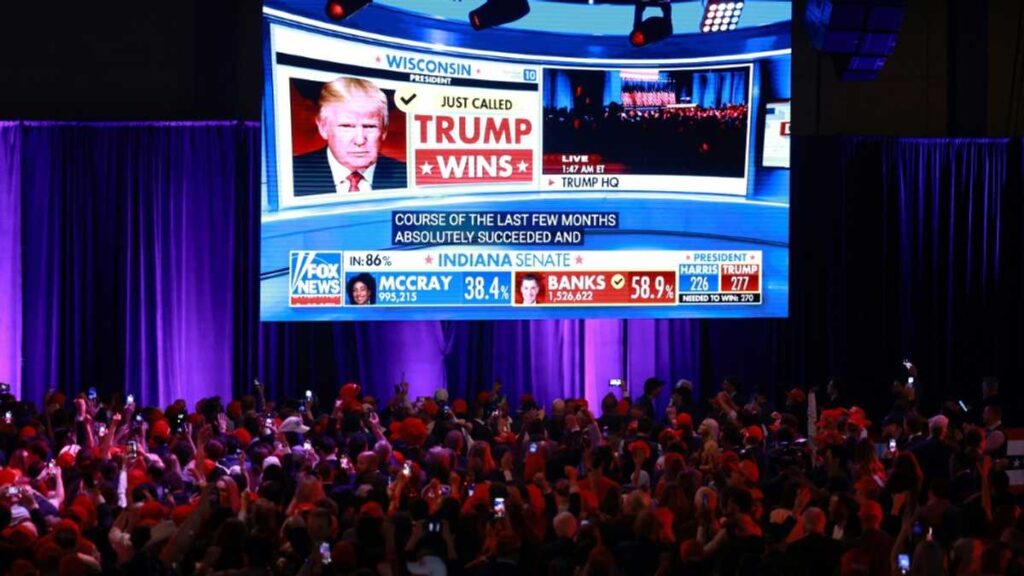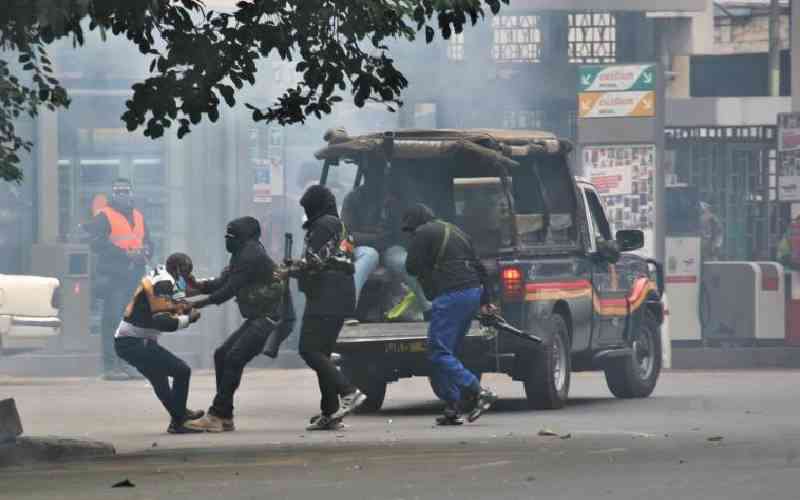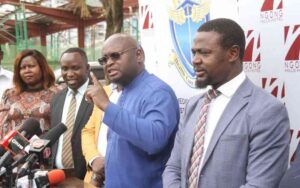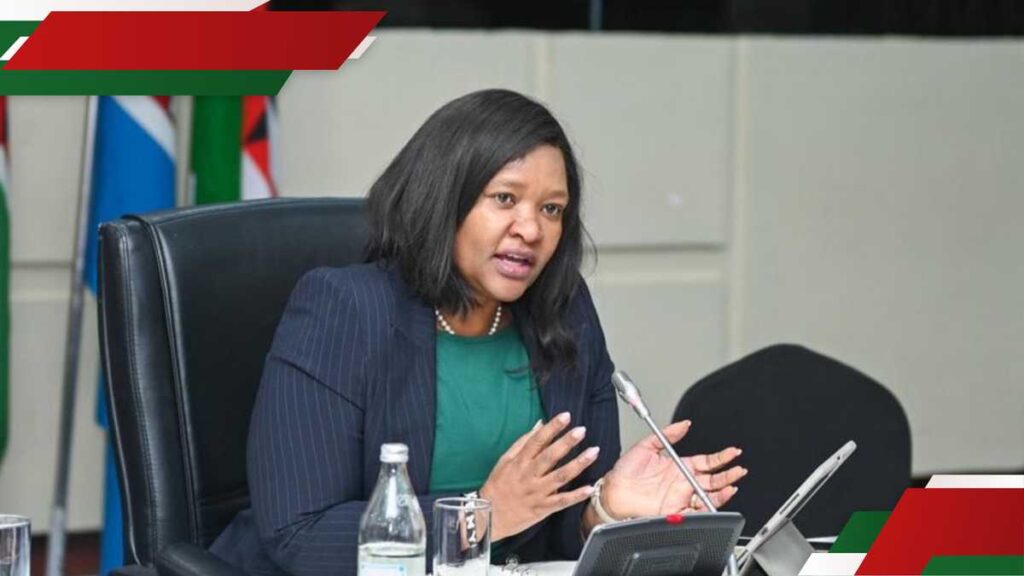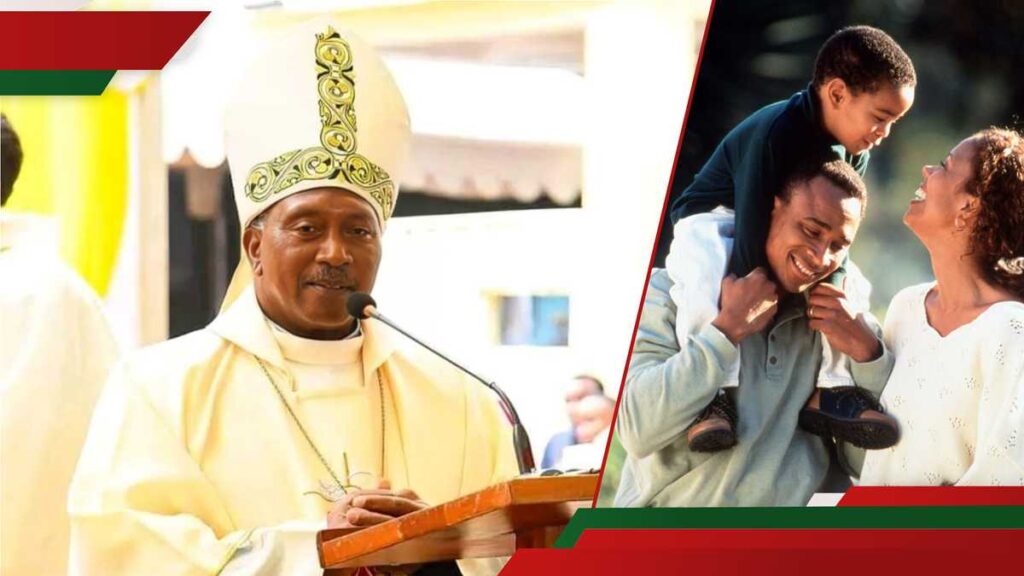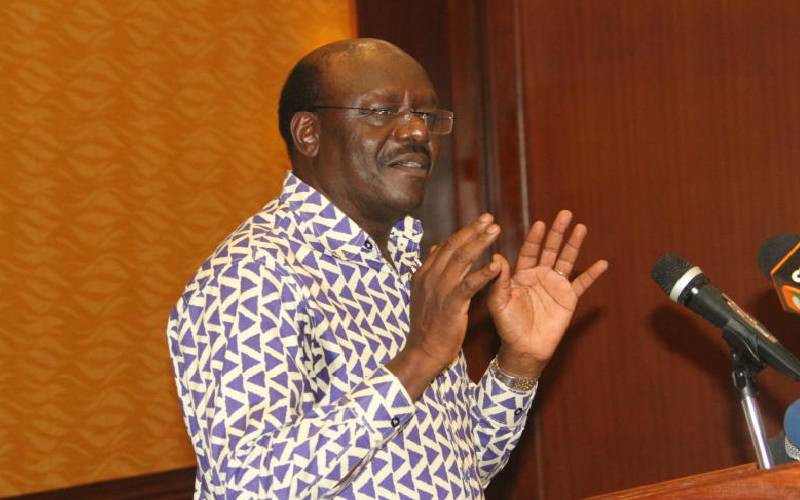Abdul Zahir Qadir, 492 a former Deputy Speaker of Afghanistan’s parliament, will now be extradited to the United States to face charges of drug trafficking and illegal possession of firearms.
This is after a ruling by a Nairobi Court allowing an application by Director of Public Prosecutions (DPP) Renson Ingonga to have Abdul sent to the US to face the crimes.
Milimani Principal Magistrate Benmark Ekhubi directed the Kenyan government to surrender Qadir to the U.S. District Court without delay.
“This court finds the application merited. I hereby endorse the warrants of arrest issued by the U.S. government and subsequently direct that Abdul to be surrendered and extradited to the United States to face the stated charges,” ruled Ekhubi.
The magistrate confirmed that the extradition treaty between Kenya and the U.S. was valid and applicable.
Qadir was arrested on April 14, 2025, at a hotel in Nairobi shortly after arriving aboard a Qatar Airways flight.
He claimed to be in the country for business.
The DPP, through Principal Prosecution Counsel Victor Owiti, argued that Qadir posed a high flight risk and had no fixed residence in Kenya and for sought his detention.
The U.S. Drug Enforcement Administration (DEA) had requested his arrest and handover.
A U.S. court had issued a warrant for Qadir on March 25, 2025, for conspiracy to import narcotics and possession of a machine gun.
While seeking orders allowing the government to surrender him, Owiti told the court that the prosecution’s case was based on solid evidence, including a Diplomatic Note, affidavits by DEA agents, and supporting materials.
“The materials disclose sufficient nexus between the accused and the offences for which he was indicted,” said Owiti.
“We invite this court to issue an order for the extradition and surrender of the fugitive criminal to the U.S. to face the subject charges. He will undoubtedly have the opportunity to defend himself before the U.S. District Court.”
In response, Qadir, through his lawyer Omega Ochieng, opposed the extradition, claiming the charges were politically motivated due to his vocal opposition to U.S. policies in Afghanistan.
“There is no love lost between the United States and Afghanistan,” argued Ochieng.
Stay informed. Subscribe to our newsletter
“The charges, though not political in nature, are clearly politically motivated and stem from Mr. Qadir’s stance against U.S. interference in Afghan affairs during his time in parliament.”
Qadir denied involvement in any drug or firearms offenses and questioned the validity of the charges, given that he had not visited the U.S. in over 20 years.
“ I am a law-abiding citizen with no criminal history. Currently, I lead various civil, academic, and political organizations in Afghanistan,” Qadir stated in court.
The former legislator told the court that he is a law graduate from the University of Pakistan.
He contextualized his political background by stating that his late father, Abdul Qadir, was a senior government official and was assassinated for political reasons.
Qadir asserted that he was a general in the Afghanistan Border Force and later elected to the National Assembly, rising to the position of being the first deputy speaker, where he was vociferous in opposing governmental misconduct.
He also warned that Kenya risked entanglement in geopolitical tensions, stating, “This extradition is part of a broader power struggle between two nations. If loosely handled, Kenya may find itself caught in the crossfire.”
The state dismissed Qadir’s political claims, asserting the charges were legitimate.
“Even with his unproven claims, he unequivocally admits the charges are not political,” said Owiti.
“He points to a geopolitical rift between the U.S. and Afghanistan but fails to provide any evidence. Regardless, the offences are extraditable under Kenyan law.”
The court noted that Qadir did not seek asylum or claim refugee status, making provisions under the Refugee Convention inapplicable.
Following the ruling, Qadir’s lawyer sought a stay of the extradition to allow for an appeal.
However, Magistrate Ekhubi declined the request, stating an appeal could proceed without a stay order.








